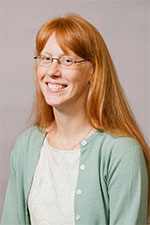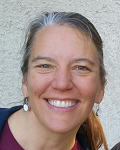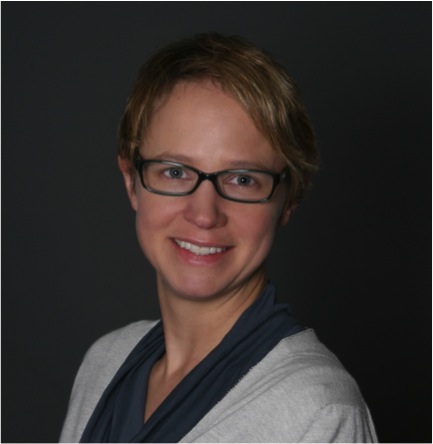 |
Strand Speakers at MnCOSE16Each of our Discipline Directors has worked to recruit a leading educator to share their expertise with the strand! |
 |
Biology Strand - Catrina Adams The Power of Scientist Partnerships: how working with scientists (in-person or virtually) can improve student motivation, break down negative stereotypes, and model scientific thinking. Catrina Adams is the Education Director for the Botanical Society of America and directs the online learning community |
 |
Chemistry Strand – Barb Billington Barbara Billington is a science education lecturer at the University of Minnesota, Twin Cities campus. Dr. Billington focuses on student-centered, culturally relevant, gender-equitable, inquiry- based instruction with a critical feminist pedagogical lens. |
 |
Earth Science Strand – Jacqueline Hamilton In June of 2013, President Obama announced the ConnectED initiative, designed to enrich K-12 education for every student in America. Minnesota is one of many states that have negotiated a statewide license for ESRI Geographic Information systems (GIS) software. This software is available to all K-12 public, private, charter and home schools including K- 12 aged formal and non-formal youth groups (including afterschool and summer programs). Jacqueline is a geologic information scientist with the Minnesota Geological Survey.
|
 |
Elementary Strand – Michele Koomen Michelle Kooman is a professor of Education at Gustavus Adolphus College in St Peter. Her research interests include providing professional development opportunities for science educators, understanding the teaching practice of exemplary science and math teachers, and working with under-represented and English learners in science classrooms. |
 |
Physics Strand - Alison Hoxie
Broadening participation in STEM by engaging students through Project-Based-Learning
Active learning has been shown to provide a more engaging learning environment. It also improves the retention of under represented groups. This talk will present this compelling evidence and describe a senior level engineering course the was taught through project-based-learning. Finally, the talk will cover projects occurring at the University of Minnesota Duluth to engage students in renewable energy technologies.
|









 Minnesota science teachers should know about:
Minnesota science teachers should know about: